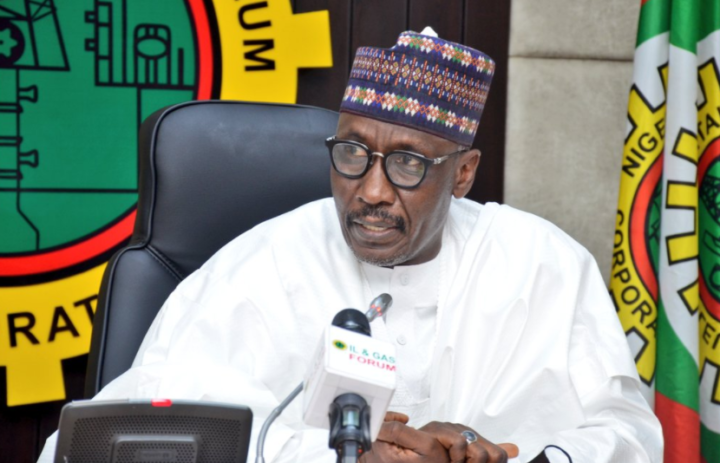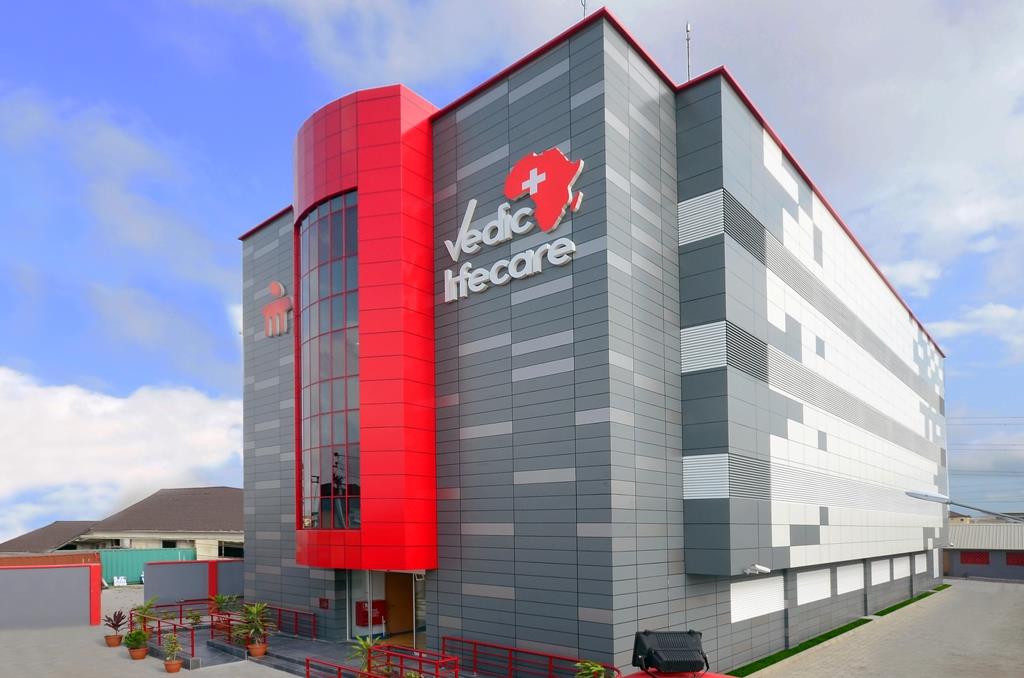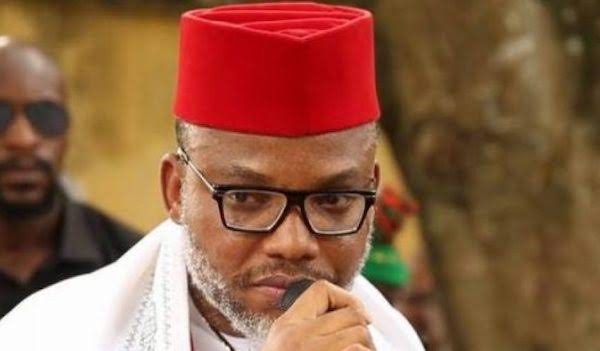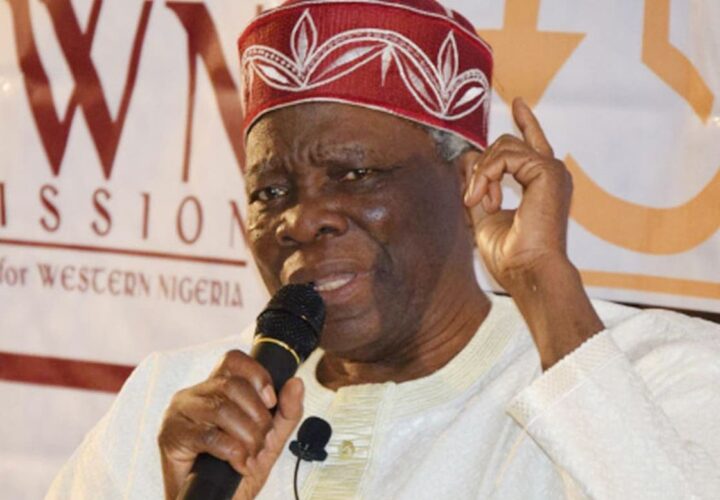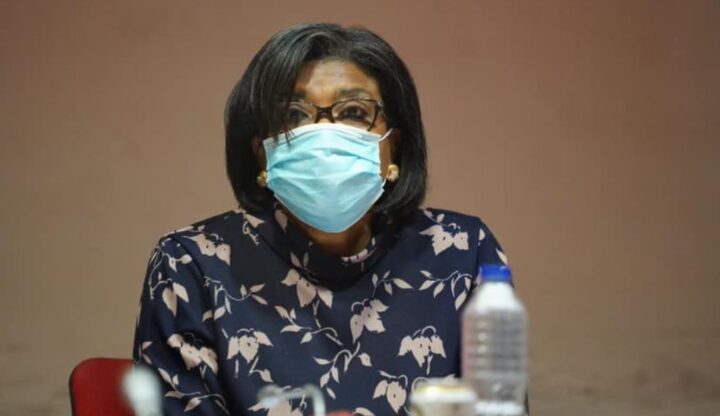Mele Kyari, group managing director of the Nigerian National Petroleum Corporation (NNPC), has assured Nigerians that there would be no hitch in the supply of petroleum products.
Kyari said this on Tuesday in Lagos at a strategic conference themed ‘Petroleum Industry Act: Energy Transition and the Future of Nigeria’s Oil and Gas,’ organised by the National Association of Energy Correspondents of Nigeria (NAEC).
He said there are more than 1.7 billion litres of petrol in the country.
“As we speak now, there is speculation of fuel scarcity within the media, but we have over 1.7 billion litres of Premium Motor Spirit in the country,” Kyari said.
Advertisement
“We have another 2.3 billion litres coming in, so there is no shortage in supply as being speculated.
“Of course, there are issues about pricing at some depots, but the government has no plan to revise the pricing structure.”
The GMD also explained why Nigeria is demanding energy justice at the ongoing United Nations Climate Change Conference (COP26) despite the global push for the energy transition.
Advertisement
He said that the COP26 highlights the challenges faced by Nigeria and other African countries in the global energy transition.
President Muhammadu Buhari, in his speech, before the world leaders had demanded energy justice for the continent and the need to exploit the available resources as a pathway to attain the net-zero carbon objective by 2050.
Explaining further, the NNPC boss noted that though Africa accounted for only about three percent of the global carbon emission, the continent still had the responsibility to join the world in combating climate change.
According to him, Nigeria has identified its abundant gas resources as its fuel for an energy transition which informed the declaration of the year 2021 to the year 2030 as the decade of gas by the government.
Advertisement
“We are making good progress in terms of the implementation of the PIA which is clearly creating the path for transition,” Kyari said.
“There is no way we can achieve this feat without adequate infrastructure to transport the resources to where it will be used, and that is why we are investing in massive gas infrastructure.”
He listed the Obiafu-Obrikon-Oben (OB3) and the Ajaokuta-Kaduna-Kano pipelines as part of projects that would deepen gas utilisation in the country.
Also speaking at the event, Simbi Wabote, executive secretary, the Nigerian Content Development and Monitoring Board (NCDMB), said the passage of the PIA opened a vista of opportunities for the industry.
Advertisement
Wabote, represented by Tunde Adelana, director, monitoring and evaluation at NCDMB, said the implementation of PIA would positively aid local content development and impact host communities.
Advertisement
Add a comment
